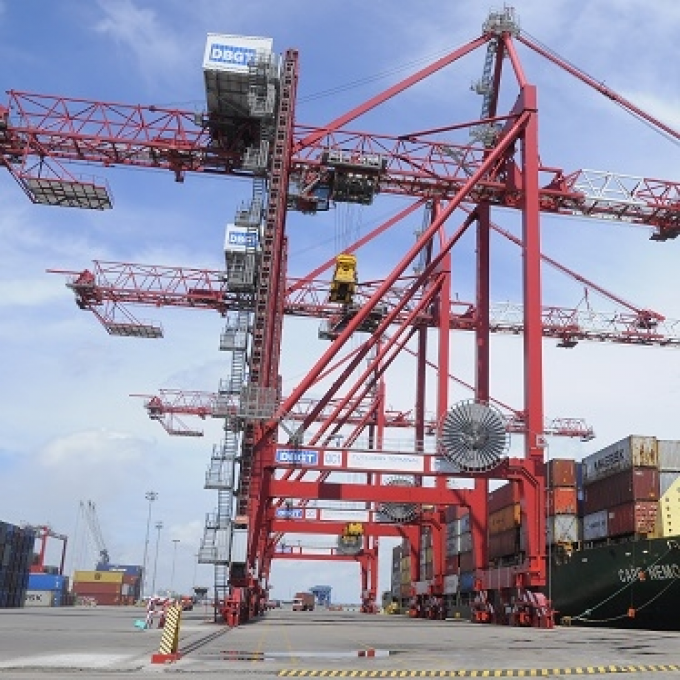
Liner industry expresses frustration as India imposes demands for millions in taxes
5 months ago
Liner industry expresses frustration as India imposes demands for millions in taxes

Foreign-flagged container shipping lines facing scrutiny from Indian tax authorities have been actively lobbying the government for relief, but so far, their efforts have yielded no results.
This situation has serious implications for the liner industry. Last year, all major box ship operators involved in Indian trades received notices from the government regarding their alleged non-compliance with India’s Goods and Services Tax (GST), a unified tax law implemented in 2017.
For instance, Maersk was reportedly asked to pay a tax penalty of around $450 million, according to available documents.
Leaders of the Container Shipping Lines Association (CSLA), which represents foreign liner operators in India, have engaged in multiple discussions with officials from the revenue department to voice their concerns.
“The GST council was expected to reach a resolution on this issue, but it remains unresolved,” an industry source told The Loadstar. “There seemed to be alignment at the highest levels regarding the need to address industry concerns.”
At the heart of the issue is the concept of an “arm’s-length” relationship between foreign entities and their local offices. This principle, which typically dictates that international organizations are only taxed on earnings generated within the country, has been fraught with ambiguity and controversy, with governments around the world treating these transactions differently.
The CSLA has argued that there is “no supply” of goods or services that would trigger GST provisions, contending that local offices are merely acting as agents for their foreign counterparts.
“All shipping contracts, including those with Indian customers, are made by foreign shipping lines, which are overseas entities,” the CSLA explained to the department. “The expenses incurred and the profits generated whether from contracts with Indian customers or otherwise are attributable to these overseas entities.”
Local carrier sources indicate that a review of tax policy to grant exemptions is essential for the liner industry, as perceived liabilities could continue to escalate.
“The remittances from India specifically, collections from Indian customers after settling expenses belong to the overseas entities and represent the repatriation of funds for foreign shipping lines,” the CSLA stated.
Foreign ocean carriers account for over 95% of India’s containerized trade, making their stakes in this matter significant.
In a parallel development, foreign airlines operating in India recently received relief from similar tax burdens following industry pressure, particularly from the International Air Transport Association (IATA), which argued that the GST rules were inconsistent with international practices and conventions.
As a result, frustration among ocean carriers is mounting. “We are puzzled as to why our requests for relief remain ‘under consideration’,” remarked one liner executive.
Source: The Loadstar